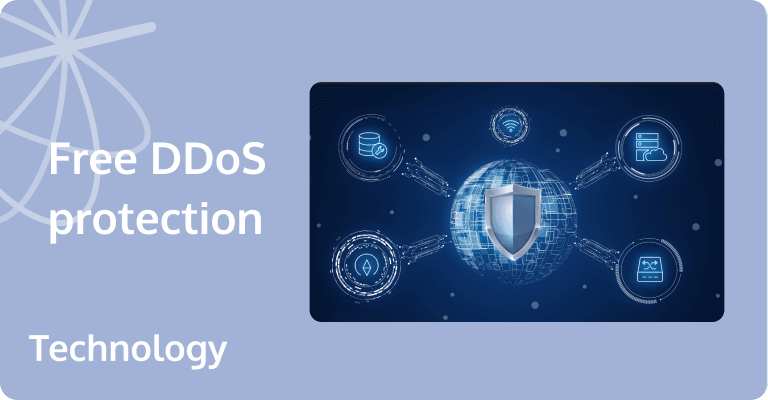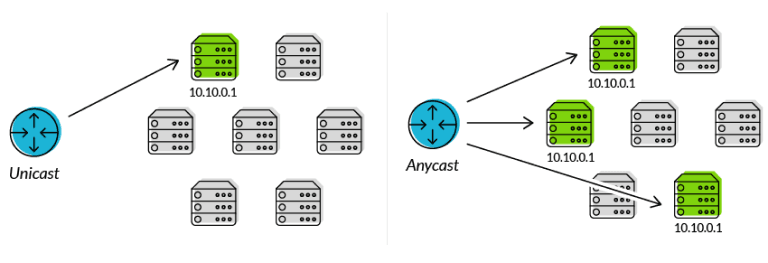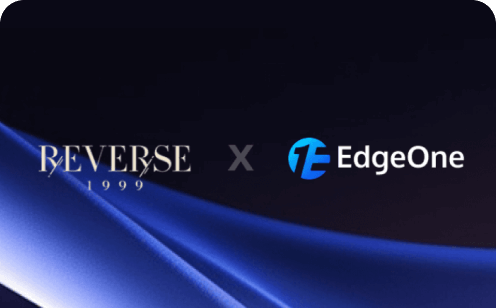Securing Your Network: Top Free DDoS Protection Tools for 2025

In today's interconnected world, the threat of DDoS (Distributed Denial of Service) Attacks is more real than ever. These cyber assaults flood websites and online services with more traffic than they can handle, causing them to slow down significantly or, worse, become entirely inaccessible. For businesses and individuals alike, falling victim to such attacks can result in lost revenue, damaged reputations, and breached user data. Fortunately, there are numerous tools and services available to protect against these disruptive threats, many of which are available at no cost. First, we will introduce common strategies for defending against DDoS attacks, and then we will focus on some of the best free DDoS protection tools in 2025 to help you protect your network from the threat of DDoS attacks.
What are the Common Strategies for Defending Against DDoS Attacks?
Typically, we can consider adopting the following strategies to defend against DDoS attacks:
1. Blackhole Routing
Blackhole routing is a technique that discards all traffic (both legitimate and malicious) to a target IP address, effectively "black-holing" the traffic. When a DDoS attack is detected, network administrators can route traffic from the target IP address to a "black-hole" router, which discards all arriving traffic. Simple and effective, suitable for large-scale attacks, it can quickly reduce the load on network devices.
2. Firewall
Firewalls can filter malicious traffic and block DDoS attacks by configuring rules. Modern firewalls usually have intrusion detection and prevention systems (IDS/IPS) that can automatically detect and block known attack patterns. It can finely control traffic, protect the network and application layers, and is suitable for many types of DDoS attacks.
3. Rate Limiting
Rate Limiting is a technique that prevents DDoS attacks by limiting the number of requests from a single IP address within a certain period of time. Rate limiting rules can be configured on web servers, application servers, or network devices. However, it has little effect on distributed attacks.
4. Anycast Network
Anycast is a network routing technology that distributes traffic by assigning the same IP address to multiple geographically dispersed servers. When a user request arrives, the traffic will be routed to the nearest server, thereby dispersing the traffic of the DDoS attack. This method can effectively disperse traffic, reduce the load on a single server, and improve the availability and reliability of services.

Due to the fact that DDoS attacks are often massively distributed and launched against different network layers, it is very difficult to distinguish between normal business and malicious attack requests. It is very difficult to identify and protect against DDoS attacks. Protection requires resources equal to the attack to achieve better results. In the face of a large number of DDoS attacks, the best way is to use Anycast network diffusion. This method uses a large number of bypass networks to mitigate attacks, can monitor network traffic in real time, and can immediately clean it when a traffic-type DDoS attack is detected. It can protect against massive DDoS attacks while ensuring normal business access.
The 5 Best Free DDoS Protection
1. Cloudflare
Cloudflare is one of the most renowned names in online security and performance optimization. Apart from its vast content delivery network (CDN), Cloudflare offers a robust, free plan that includes unmetered DDoS protection. It operates by routing your website's traffic through its global network, filtering out malicious traffic before it can reach your server. Cloudflare's DDoS protection is automatic and scales with the size of an attack, making it an excellent first line of defense for any website.
2. AWS Shield
Amazon Web Services (AWS) offers AWS Shield, a managed Distributed Denial of Service (DDoS) protection service that safeguards applications running on AWS. AWS Shield provides always-on detection and automatic inline mitigations that minimize application downtime and latency. The standard version of AWS Shield is available to all AWS customers at no additional cost and offers basic protection against most common DDoS attacks.
3. Tencent EdgeOne DDoS Protection
Tencent EdgeOne DDoS protection is designed to safeguard your online operations from malicious traffic that can disrupt your services. The protection service is included by default in the EdgeOne platform, ensuring that all users receive basic protection without additional costs.
EdgeOne's DDoS protection functions through real-time monitoring and automated response systems. It involves:
- Traffic Monitoring: Network traffic is continuously monitored for any unusual patterns.
- Immediate Cleanup: Upon detecting potential DDoS attacks, the system immediately activates traffic cleanup mechanisms.
- Advanced Algorithms: Utilizing attack profiles, behavior pattern analysis, and AI intelligent recognition, the system efficiently identifies and mitigates malicious traffic.
For businesses requiring higher levels of security, EdgeOne offers an Enhanced DDoS protection feature available only to Enterprise plan subscribers. This premium service includes:
- Exclusive high-defense IP for clean traffic.
- Promised protection bandwidth values tailored to purchased protection levels.
4. Akamai DDoS Protection
Akamai DDoS Protection is a comprehensive solution designed to safeguard websites, applications, and networks from Distributed Denial of Service (DDoS) attacks. It offers real-time monitoring, automated attack detection, and rapid response capabilities to ensure minimal disruption and maintain service availability. The solution is suitable for businesses of all sizes, providing robust security measures to protect against various types of DDoS attacks, including volumetric, protocol, and application-layer attacks. Although it's not a permanent free solution, the trial period can offer immediate relief during an ongoing attack and a chance to evaluate its effectiveness.
5. Microsoft Azure DDoS Protection
Microsoft Azure provides basic DDoS protection for all its users through Azure’s DDoS Protection Basic service. This service is automatically enabled in Azure and protects Azure applications from network layer attacks. While the basic service is free, more advanced features can be accessed by upgrading to the standard plan. However, the basic plan offers a reliable starting point for those using Azure's cloud services.
Challenges and Considerations
While free DDoS protection tools can provide a significant layer of security, they often come with limitations compared to their paid counterparts. These can include limits on the size of the attack they can mitigate, restrictions on customization, and the lack of dedicated support. Therefore, it’s important to assess the specific needs and risks of your online presence and consider whether a paid service might be a better fit in the long term.
Conclusion
There are many ways to protect your business, including black hole routing, firewalls, rate limiting, and Anycast network diffusion. However, to achieve complete and efficient protection, you need to have resources that are equal to the attack to counter the attack. However, the attack resources of distributed attacks such as DDoS are often very large. You need to use the massive resources of professional service providers to protect your business. You can choose to use different protection services according to your business characteristics. This can save you a lot of time and energy to focus on your business.
FAQs
1. Can free DDoS protection completely secure my website?
While free DDoS protection can significantly reduce the risk of DDoS attacks, no service can guarantee complete immunity. It’s essential to use these tools as part of a comprehensive security strategy.
2. Do I need technical expertise to implement these tools?
Most free DDoS protection services are designed with user-friendliness in mind. However, some level of technical understanding may be beneficial, particularly for configuring more advanced settings.
3. How do I choose the right DDoS protection tool for my website?
Consider factors such as the size of your site, the nature of your content, your technical expertise, and specific features offered by each tool. It may also be helpful to test several options to find the best fit.
If your network is experiencing a DDoS attack, please contact us promptly for further assistance.

